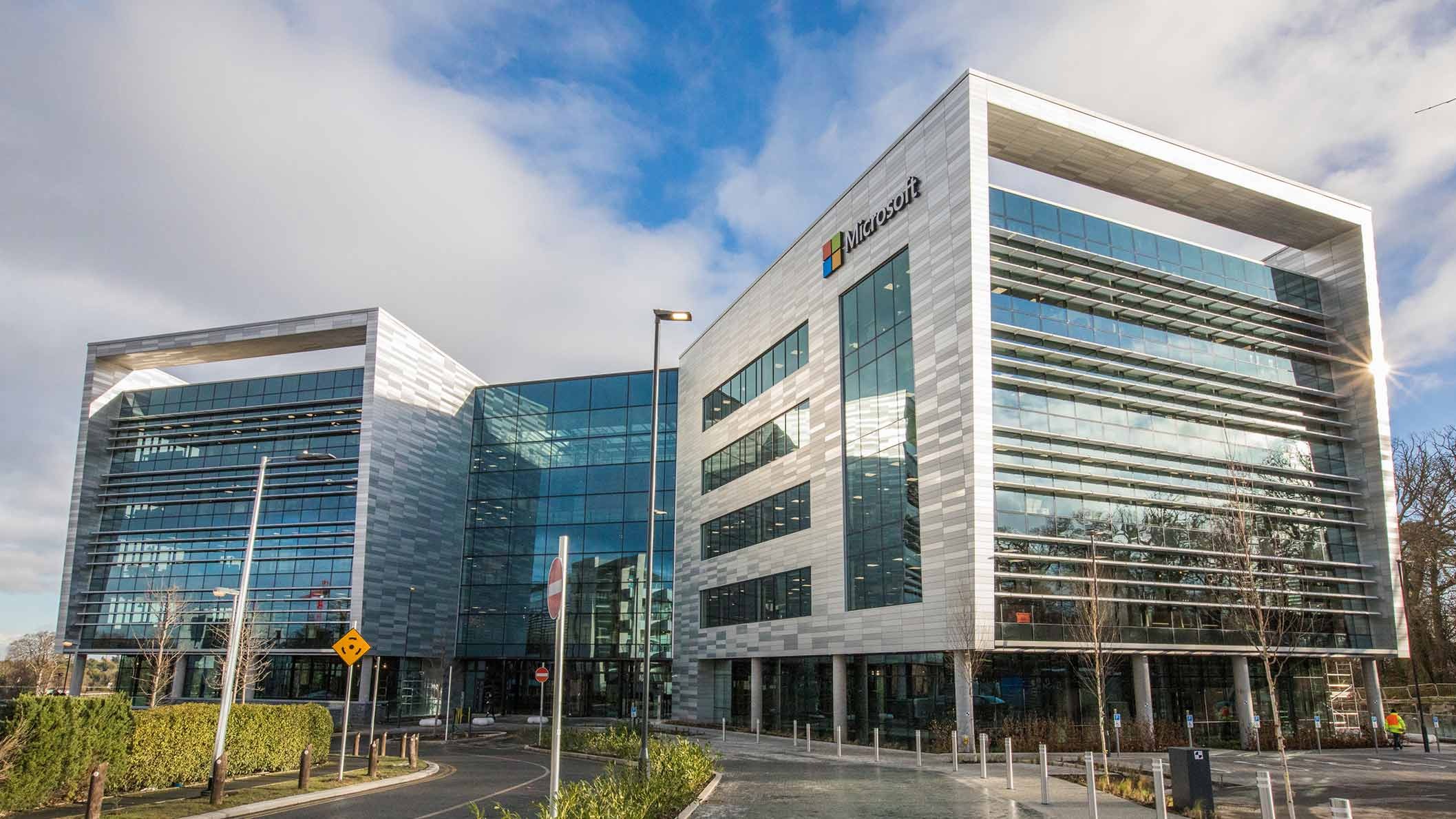Germany's competition authority has designated Microsoft as a company with "paramount significance for competition across markets", granting it expanded powers to scrutinise the tech giant's activities, including its use of artificial intelligence (AI).
The Federal Cartel Office (FCO) announced on Monday that Microsoft would be subject to a special abuse control regime for the next five years. This designation allows the German regulator to take a closer look at how Microsoft wields its influence, particularly in the rapidly evolving field of generative AI.
Andreas Mundt, president of the FCO, highlighted Microsoft's long-standing dominance in software, stating: "Today, Microsoft's ecosystem is stronger and more closely interconnected than ever before, because overarching all of its activities is the increasing use of the cloud and AI, key technologies in which Microsoft has consolidated its strong position by developing its own products and entering into cooperations."
The FCO's decision applies to Microsoft as a whole, rather than specific services or products. This broad scope gives the German authority greater latitude to impose controls on Microsoft's activities if it deems them to be hampering competition.
Mundt emphasised the regulator's expanded reach, saying: "Based on our decision we can stop anti-competitive practices which are not covered by the DMA [Digital Markets Act]." The DMA is a similar European Union regulation that currently only applies to Microsoft's Windows operating system and LinkedIn network.
The German watchdog's press release specifically mentioned Microsoft's Copilot AI assistant, which is used "in many parts" of the company's ecosystem. It also noted how Microsoft's strength in cloud computing enables it to partner with "highly innovative suppliers" and integrate their AI models into its own products.
This designation comes as Microsoft's relationship with OpenAI, the company behind ChatGPT, has drawn increased scrutiny from antitrust regulators. Although the FCO previously found that their partnership did not meet the threshold for a traditional merger review, this new classification could lead to closer examination of their dealings in Germany.
Microsoft responded to the designation, stating: "We recognise our responsibility to support a healthy competitive environment and we will strive to be proactive, collaborative and responsible in working with the Bundeskartellamt."
The FCO's decision places Microsoft in the company of other tech giants such as Amazon, Apple, Google, and Meta, who are already subject to this special regulatory regime in Germany. This move predates and complements the European Union's Digital Markets Act, offering the German authority more flexibility to address competition concerns in emerging technologies like AI.
While the FCO has not yet initiated any specific proceedings against Microsoft, this designation lays the groundwork for potential future interventions. As AI continues to reshape the tech landscape, regulators are keen to ensure that established players like Microsoft do not stifle innovation or unfairly dominate new markets.
Latest News
-
Amazon says drone strikes hit Middle East data centres
-
O2 invests £700m in mobile network
-
Europe's ‘first’ payment made by AI agent conducted by Santander
-
OpenAI seals Pentagon AI deal with safety guardrails hours after Anthropic ban
-
Cybercrime increases in sophistication as hackers age, according to new research
-
Vodafone and Amazon team up to improve rural mobile connectivity in Europe and Africa
The future-ready CFO: Driving strategic growth and innovation
This National Technology News webinar sponsored by Sage will explore how CFOs can leverage their unique blend of financial acumen, technological savvy, and strategic mindset to foster cross-functional collaboration and shape overall company direction. Attendees will gain insights into breaking down operational silos, aligning goals across departments like IT, operations, HR, and marketing, and utilising technology to enable real-time data sharing and visibility.
The corporate roadmap to payment excellence: Keeping pace with emerging trends to maximise growth opportunities
In today's rapidly evolving finance and accounting landscape, one of the biggest challenges organisations face is attracting and retaining top talent. As automation and AI revolutionise the profession, finance teams require new skillsets centred on analysis, collaboration, and strategic thinking to drive sustainable competitive advantage.
© 2019 Perspective Publishing Privacy & Cookies










Recent Stories